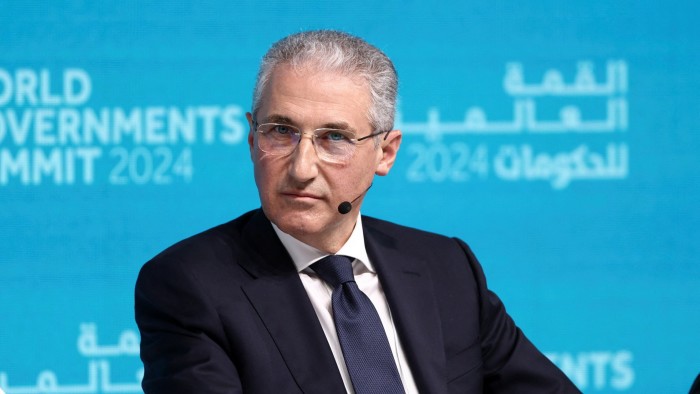Babayev highlighted the key role of inclusivity as outlined in the Declaration on Green Digital Action, stressing that digital solutions must be made accessible to the most vulnerable communities, particularly those in the least developed countries and SIDS, AzVision.az reports.
"This is necessary to achieve equitable and sustainable climate outcomes for all," he said, underscoring the importance of ensuring that these technologies are not confined to wealthier nations but are also available to those who are most at risk from the effects of climate change.
The Minister further elaborated on the significant role digital technologies play in combating climate change. He pointed to their potential in climate monitoring, early warning systems, energy efficiency, and promoting the circular economy. Digital tools, he noted, offer powerful capabilities that can enhance climate resilience and contribute to emissions reductions.
However, Babayev also acknowledged the environmental costs associated with the proliferation of digital technologies.
"As digital tools become more widespread, we must recognize the environmental costs they incur," he cautioned.
These include rising energy consumption, increased emissions, and the growing challenge of electronic waste (e-waste). According to the World Bank, the information and communication technology (ICT) sector now accounts for up to 4 per cent of global emissions, a figure that underscores the need for action to mitigate the environmental impact of digital technologies.
Babayev called for collaboration among governments, businesses, civil society, and international organizations to ensure that digital solutions are used to facilitate climate action while minimizing their environmental footprint. He described the COP29 platform as an excellent opportunity to discuss how digital technologies can accelerate efforts toward emissions reductions, climate adaptation, and resilience.
The Minister also emphasized the need to address the environmental challenges within the ICT sector and stressed the importance of building sustainable digital infrastructure. He reiterated the necessity of bridging the digital divide to ensure inclusive access and to ensure that no community, regardless of their development status, is left behind in the global fight against climate change.
"We will also discuss the need for sustainable digital infrastructure, inclusive access, and bridging digital gaps so that no one is left behind," Babaev concluded, framing digital technologies as both a critical tool and a responsibility in achieving sustainable climate solutions for all.
AzVision.az
More about: Azerbaijan COP29 climateaction
















































